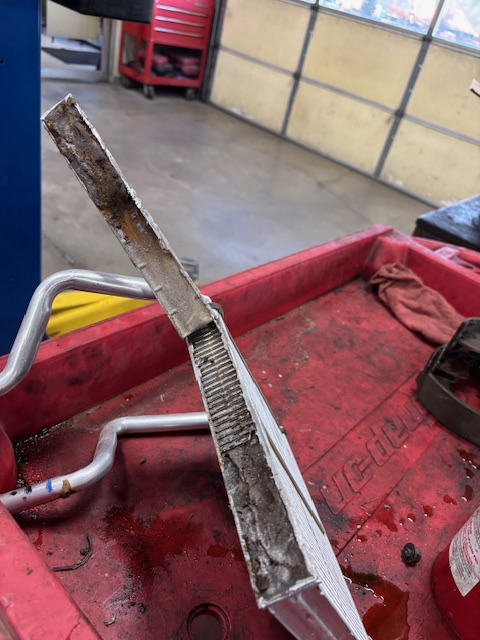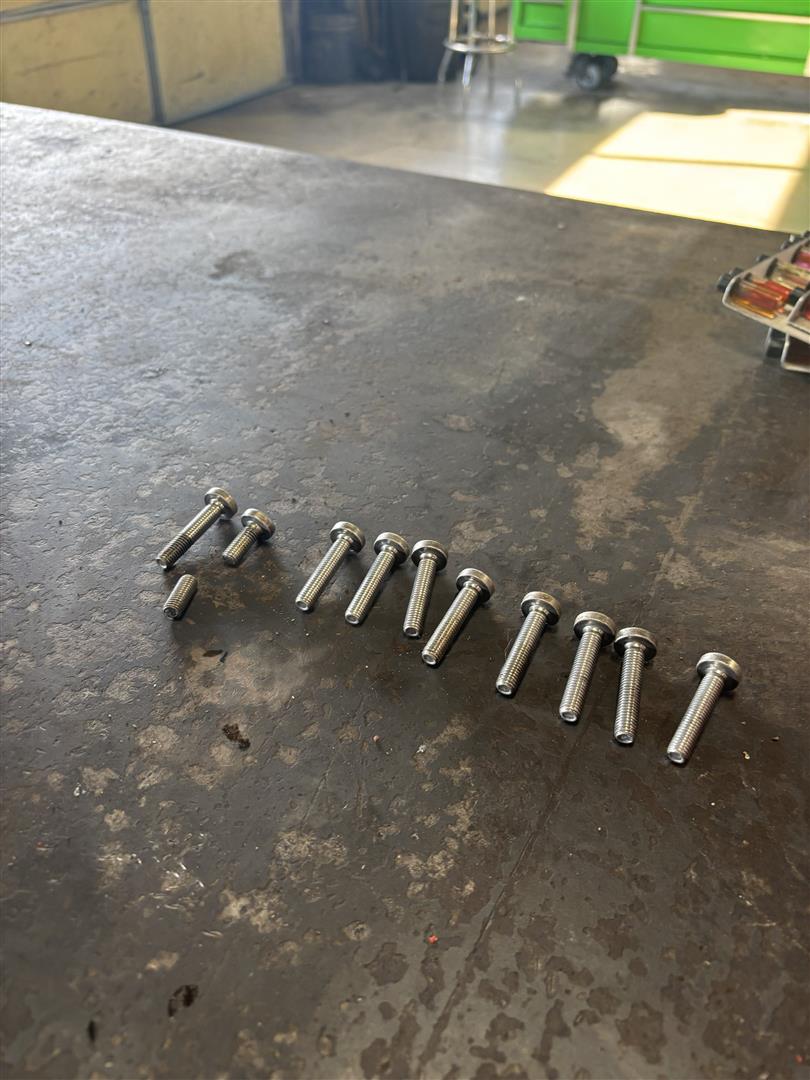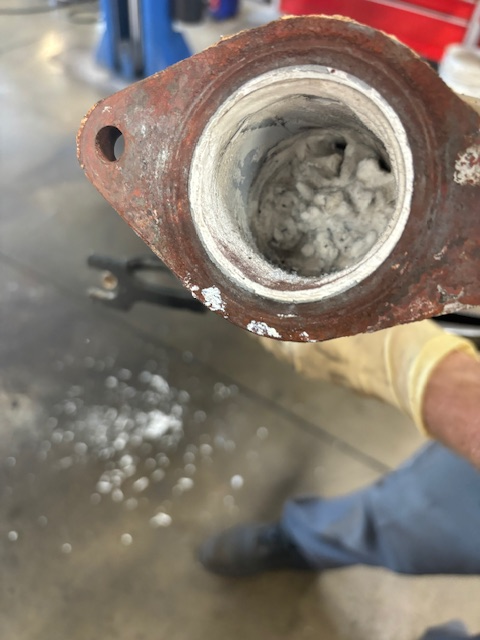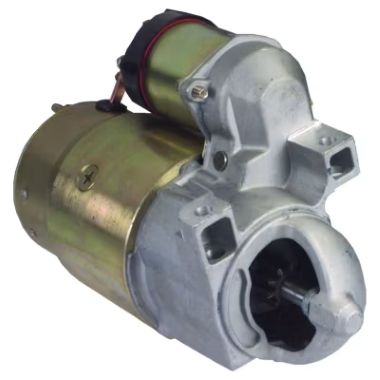Posted on 2/4/2026

Your vehicle has a leak… and the repair estimate wasn’t exactly what you were hoping for. You jump online looking for options and find products labeled “Stop Leak.” They promise a fast, affordable solution — just pour it in and voilà, problem solved. It sounds like the perfect fix when money is tight or you need to keep your vehicle moving. But what does using stop leak really mean for your vehicle in the long run? Let’s break it down. What Is Stop Leak Designed For? Stop leak products are typically intended for temporary or emergency situations — helping you get from point A to point B until proper repairs can be made. They work by circulating through your system and attempting to seal small leaks. Some potential short-term benefits include: ✔️ Temporary Fix for Small Leaks They may help slow or seal very minor leaks long enough to get you safely ... read more
Posted on 1/21/2026

Why Mercedes Intake Manifold Bolts Fail: A Closer Look One frustrating—and more common than many owners realize—issue seen on Mercedes vehicles, particularly those equipped with the M272 and M273 engines, is intake manifold bolt failure. While this problem isn’t as severe as a major engine failure, it can still cause drivability concerns, trigger check engine lights, and lead to costly repairs if it’s not addressed early. 🔍 What Causes Intake Manifold Bolts to Break? Several factors contribute to the failure of intake manifold hardware: 1. Heat Cycles and Metal Fatigue The intake manifold and its mounting bolts are exposed to extreme temperature changes every time the engine runs. As the engine heats up and cools do ... read more
Posted on 1/7/2026

Over the last several years, catalytic converters have become a hot topic—between emissions regulations, rising repair costs, and increased theft. But what exactly is a catalytic converter, and why is it so important to your vehicle? What Is a Catalytic Converter? A catalytic converter is a critical part of your vehicle’s exhaust system, located between the engine and the muffler. Its job is to reduce harmful emissions by converting toxic gases produced during combustion—such as carbon monoxide, hydrocarbons, and nitrogen oxides—into less harmful gases before they exit the tailpipe. While a vehicle can technically run without a catalytic converter, driving without one is strongly discouraged. In most states, it is illegal and can result in: Increased air pollution A much louder exhaust A triggered check engine light Possible damage to other exhaust components Fai ... read more
Posted on 12/23/2025

If your car overheats while sitting at a stoplight or idling in traffic—but seems to cool down once you start driving—you’re not alone. This is a common issue and usually points to a problem in the cooling system that shows up when airflow is limited. Let’s break down the most common reasons your car overheats at idle and what you should do about it. How Your Cooling System Works at Idle When you’re driving, air flows naturally through the radiator to help cool the engine. At idle, your vehicle relies heavily on cooling system components—like the radiator fan and coolant circulation—to regulate engine temperature. If any of these parts aren’t working properly, heat can build up quickly while the vehicle is stopped. Common Reasons a Car Overheats at Idle1. Cooling Fan Not Working Properly One of the most common causes of overheating at idle is a failing or non-opera ... read more
Posted on 12/3/2025

If your vehicle seems to hesitate or won’t start like it used to, the culprit might be your starter motor (or a related component in the starting system). The “starter” is the small electric motor + solenoid that spins the engine to get it going. Over time, wear or electrical problems can cause the starter to fail — and catching it early can save you from being stranded, or from more costly damage. Here’s how to tell if your starter is beginning to fail: 🔧 What does the starter do — and why it matters When you turn your key (or push the start button), a small current from your battery activates the starter solenoid (a relay). The solenoid connects the battery’s high current to the starter motor, which spins and engages a gear (pinion) with the engine’s flywheel, turning the engine over so it can start. If the starter — or its solenoid, gears, or electrical connections — fails, the engine may refuse to tur ... read more